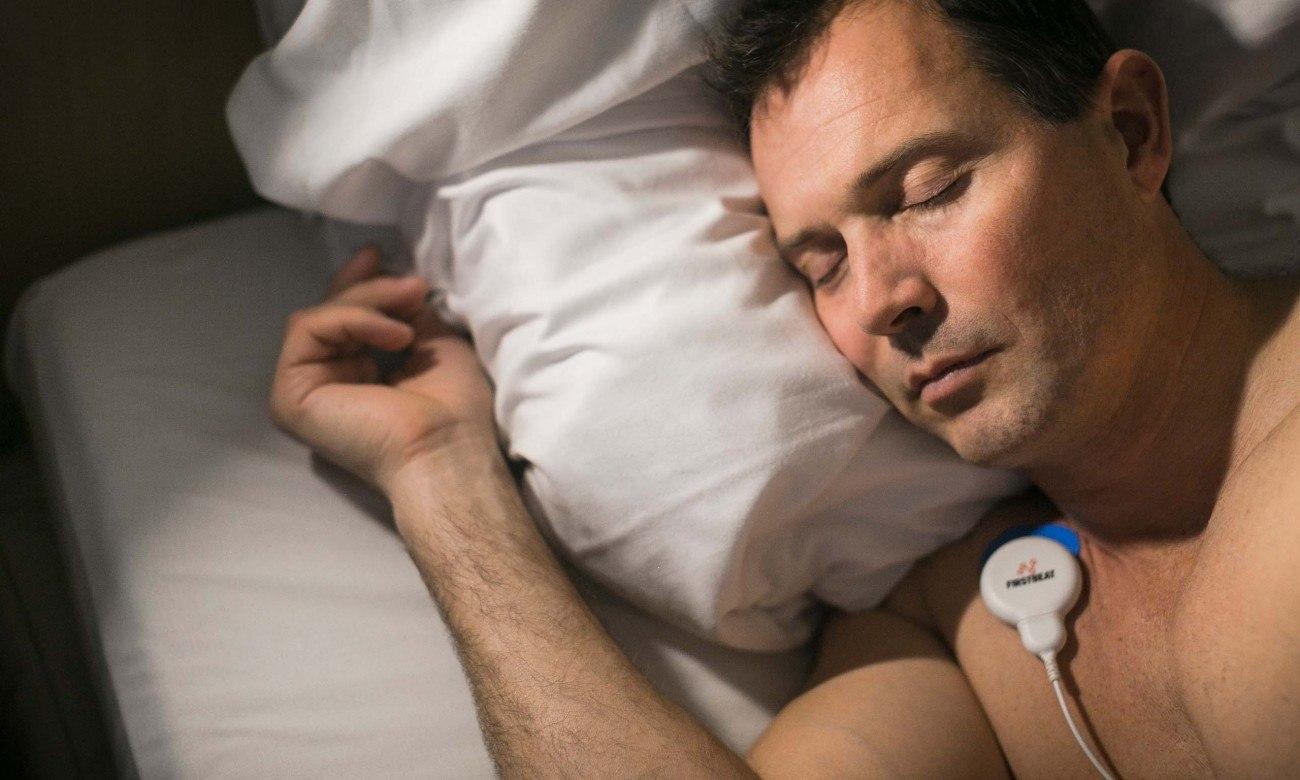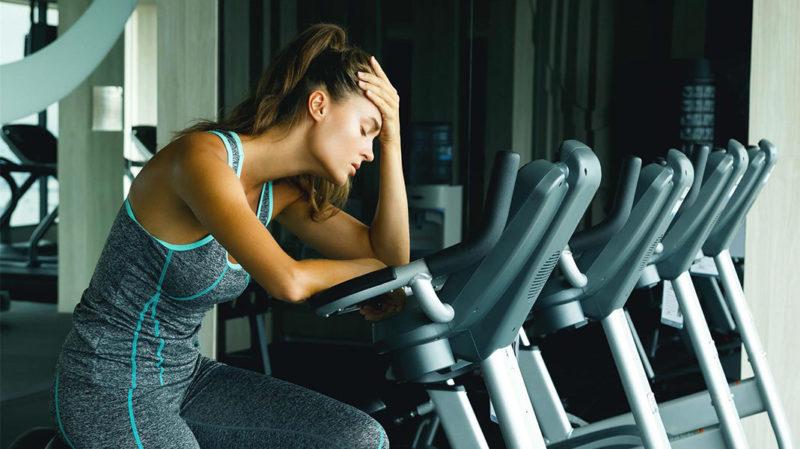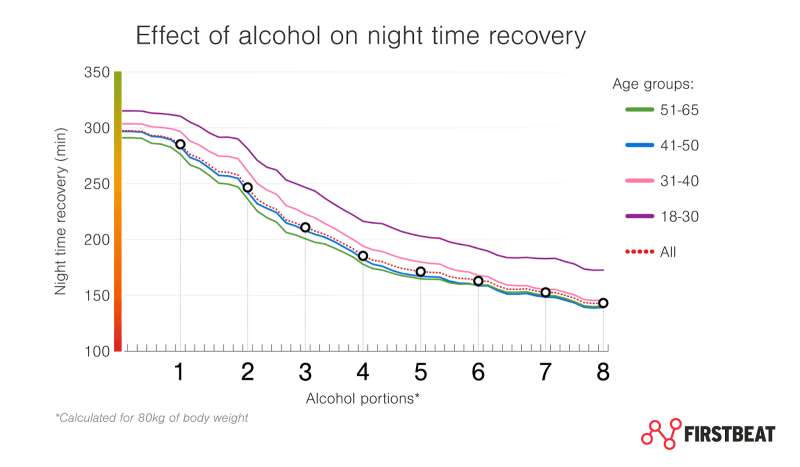
Different cultures have different drinking habits. Let’s take a closer look at those of Finnish people. According to statistics, an average Finn older than 15 years consumed 11.2 litres of pure, 100% alcohol in the year 2014 (National Institute of Health and Welfare). When this is compared to the subjective amount that people report having drunk, it seems that almost half of the drinks are poured down the drain… Another option is that people have an unrealistic perception on or feel guilty about their alcohol consumption. However, the effect that alcohol has on the body remains the same.
So, how does alcohol affect recovery? As a Wellness Specialist, I’ve met people with lifestyles and habits of all kinds. I’ve also had excellent discussions with them about their subjective experiences versus objective measurement data. It’s easy to name the one factor that blocks good recovery the most efficiently (alcohol). So far I’ve only met one person, a professional musician from the Finnish Lapland, whose recovery got better the more alcohol he drank. All others, who “in the name of science”, have had some drinks during their Lifestyle Assessment measurement, have learned that it significantly inhibits recovery.
Don’t get me wrong, I don’t want to forbid alcohol. When consumed in a responsible way, alcohol has some positive effects that cannot necessarily be analyzed from one’s physiological reactions. For example, alcohol can help one to relax or assist in social interactions. But if you wish to recover well, alcohol is not a good way to promote it. Alcohol might help one fall asleep, but there is no scientific proof that alcohol would have positive effects on the quality of sleep. So, is it ever, under any circumstances, recommended to have a drink to relax?
Obviously, one’s tolerance for alcohol depends on physical size as well as gender; men can drink higher amounts of alcohol before it affects their recovery than women. One portion of alcohol has not been shown to have a remarkable positive or negative effect on the quality of sleep. Sometimes the one drink that you pour after a hard day might actually be the only moment of recovery in your busy day; you finally have time to sit down and relax for a bit. As long as you remember to stick to just one drink… If you decide that you need “more relaxation”, the correlation becomes very clear: the more you drink, the worse you recover. Alcohol weakens the quality of recovery during sleep and delays the beginning of good recovery after going to sleep. The graph below illustrates this trend.
Alcohol raises your heart rate and weakens your heart rate variability. These effects are the most obvious during the first few hours of sleep. Alcohol causes the deep sleep stage to get deeper, with a clear dose-response relationship. Unfortunately, alcohol also delays and shortens the periods of REM sleep, which is known to have a negative influence for example on memory functions, concentration and motor functions. When you drink 1g/kg of alcohol, it reduces the amount of recovery during the first three hours of sleep by 48%, as analysed in a Firstbeat Lifestyle Assessment. Similarly, it increases the amount of stress reactions by 54%.
Lifestyle Assessment participants are often surprised by the effects of alcohol on recovery and this causes a lot of discussion and reflection. I’ve been pleased to see hundreds of people set personal goals to cut the number of sauna beers (having a few beers after sauna is a very typical Finnish habit) to half, or to have no alcohol at all when they are in particular need of a good night’s sleep and good recovery.
In my opinion, absolutes don’t define a good, happy life; maybe a better goal is to find the golden medium and learn to draw the line in a better place, via self-discipline and good judgment. Let’s have some drinks to that … or actually, let’s just have the one!
Do you want to know how different actions influence your stress and recovery levels?
You might also be interested in

Reflection on My Dry January: Did It Make a Difference?
In Finland, 20-30% of adults take part in alcohol-free January. I decided to test this myself, collect some data and see how an alcohol-free month affects me. Would I notice some benefits, such as increased energy, better sleep, or even improved heart rate variability (HRV) during sleep?

About Exercise, Alcohol and Recovery
If the goal is to improve fitness, training must be matched with good recovery. One of the factors known to have a negative effect on recovery is alcohol.

The Big Picture of Wellness – Stress Management, Good Sleep and Nutrition Go Hand in Hand
Weight management and healthy eating are issues that wellness professionals face every day with their clients.



